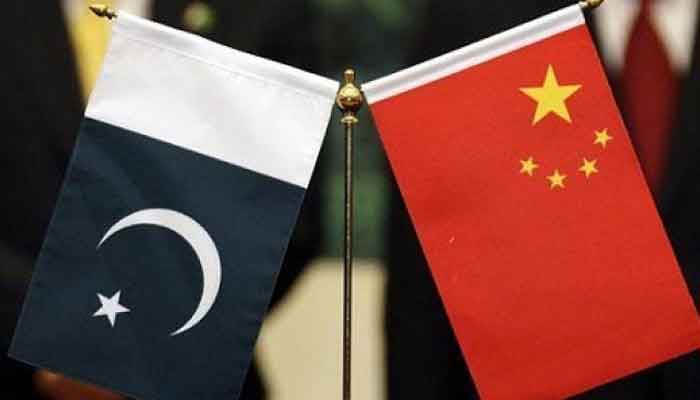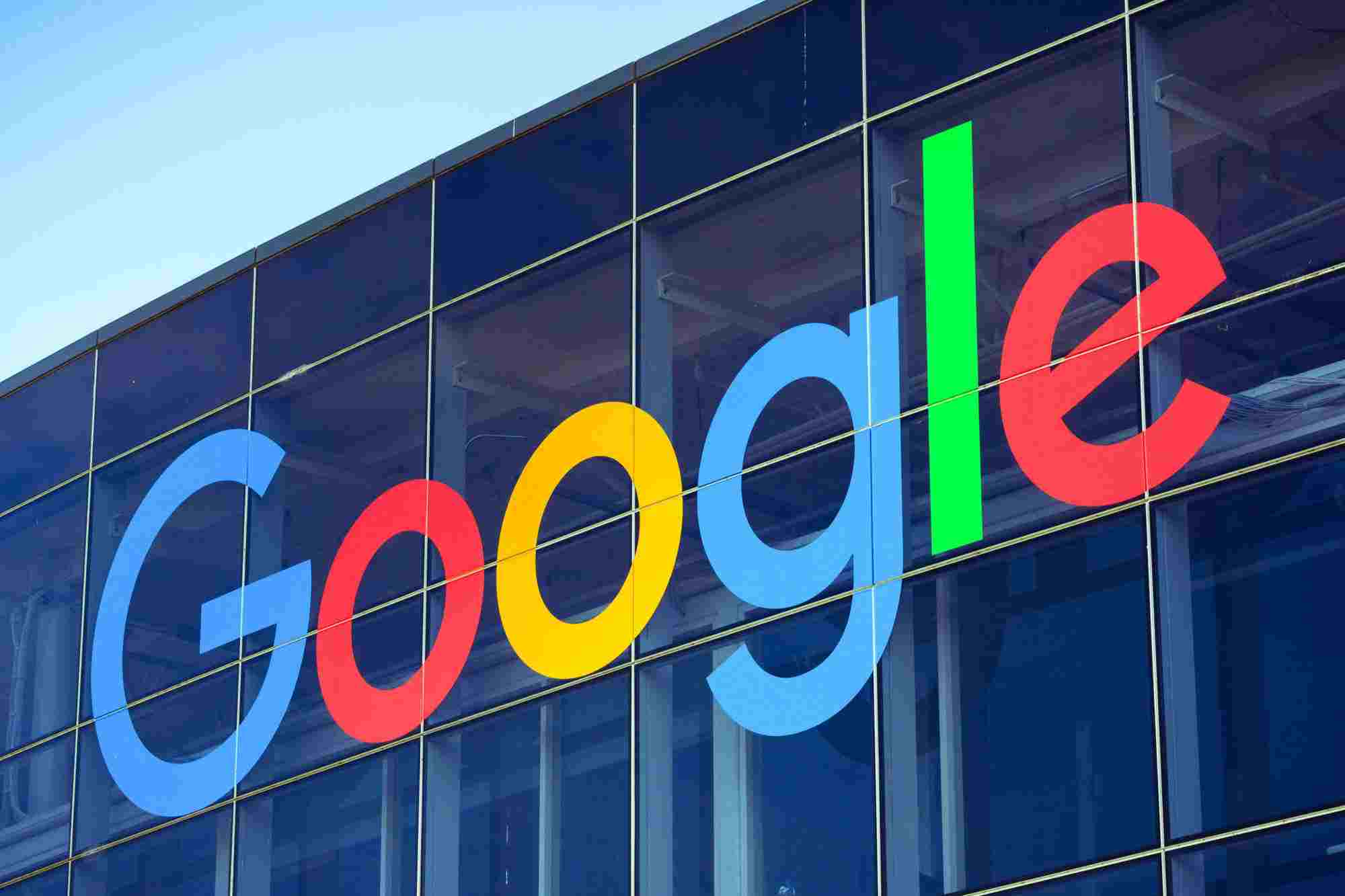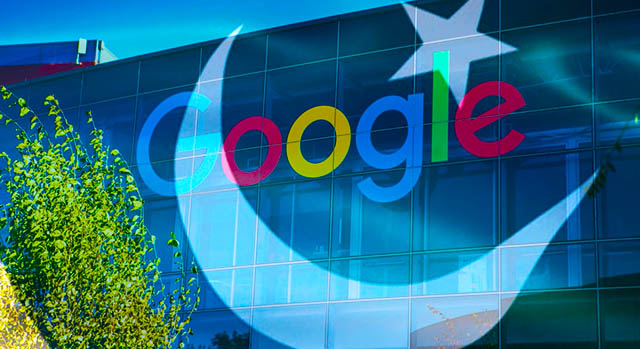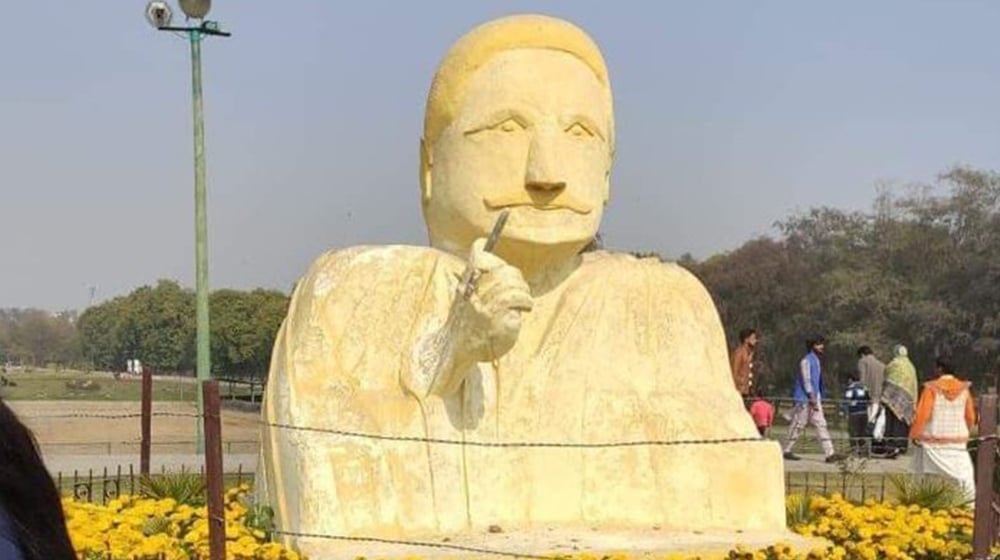The State Bank of Pakistan (SBP) is expected to concentrate on financial inclusion in 2021 and more solely on general equality in the scheme of financial inclusion plus payments. State Bank of Pakistan will also have to make its stance clearer on cryptocurrencies in addition to deepening digital payments.
In both of these sectors, banks and other financial institutions will see more regulatory requirements and have to ensure enforcement. In supporting green banking, the central bank is also expected to become more constructive.
But whether the central bank gains the desired autonomy depends on whether the government, especially the strong establishment, will allow this to happen or find a way to postpone the process.
The SBP has fully exercised its newly discovered right to preserve market-based exchange rates in 2020. The fiscal and monetary authorities worked closely together on the required interest rate relief for Covid-19.
The market-based exchange rate setting is certain to continue over the next year, and interest rate setting will also remain the jurisdiction of the monetary policy committee of the central bank with justifiable government inputs.
The SBP’s push to develop foreign exchange reserves remained embedded in its own strategy of improving external payment coverage in 2020 as well as in the “national strategic need” resulting from the unpredictable geopolitical situation. In 2021, it is expected that the development of these reserves will continue.
And that means that the SBP and the government will continue to make joint efforts in 2021 to make the most of external debt rescheduling, to control the new increase in external debt and liabilities, and to achieve a strong and sustainable growth in non-debt inflows through exports, remittances and foreign investment.
In 2020, the SBP ensured that the government would adhere to the central bank’s strategy of making no new borrowings. This scheme, adopted by the SBP on the International Monetary Fund’s (IMF) insistence, cannot be reversed in 2021 because it is still owned by the government for obvious economic reasons.
The government’s borrowing from commercial banks remained enormous in 2020 as it proceeded to remove previously received SBP loans and fixed fiscal gaps in the national budget. In 2021, if its efforts to increase non-bank borrowing from the revised national savings regime succeed, the size of government borrowing from commercial banks will decrease, the tax base will be increased and tax revenue will increase sub-bank borrowing.
Negative economic growth of 0.4% in 2020 decreased demand for private-sector bank credit. But even the reduced demand struggled to be met by banks as government borrowing squeezed out the private sector. In 2021, the SBP will have to ensure that credit demand from the private sector is completely met. The disbursement of concessional post-pandemic loans accepted in 2020 would help raise net private-sector credit in 2021.
A robust government-launched initiative to support the housing sector may also help boost private-sector loans’ overall off-take. The mortgage financing of banks contracted in 2020 due to negative GDP growth and lockdowns caused by Covid-19. Now, the SBP is setting banks mandatory mortgage loan targets.
If all goes well, in 2021, the central bank is expected to persuade the government to eradicate legal constraints by making inflation the anchor of its monetary policy rather than following the twin objectives of maintaining price stability and economic growth.
Even after leaving the Financial Action Task Force (FATF) grey list, which seems to be quite a possibility in 2021, Pakistan as a state will have to ensure that its financial system is immune to all attempts at money laundering and terrorist funding and remains immune.











Comments